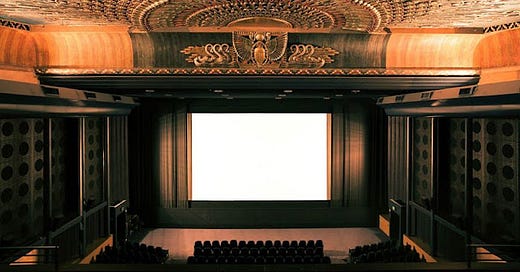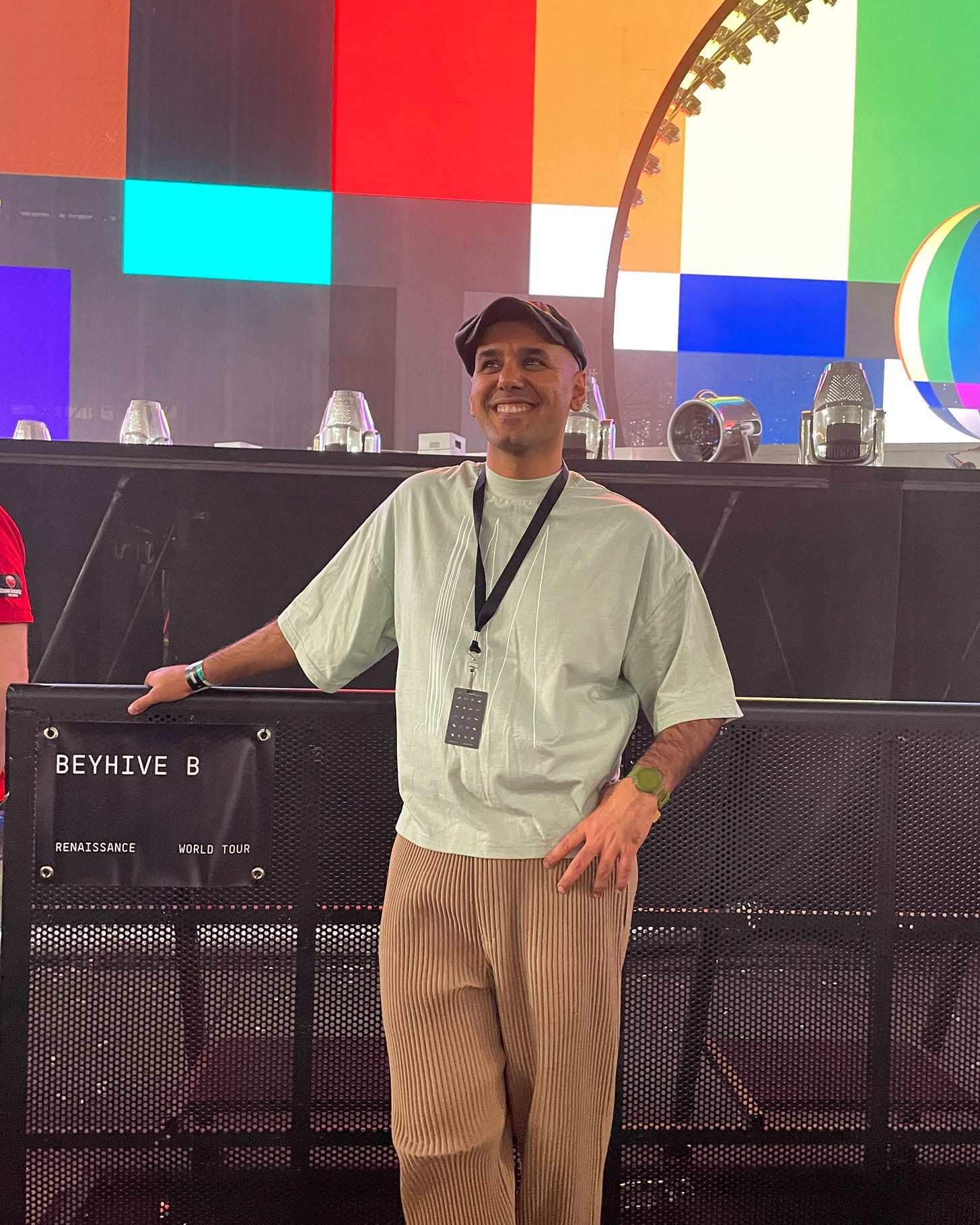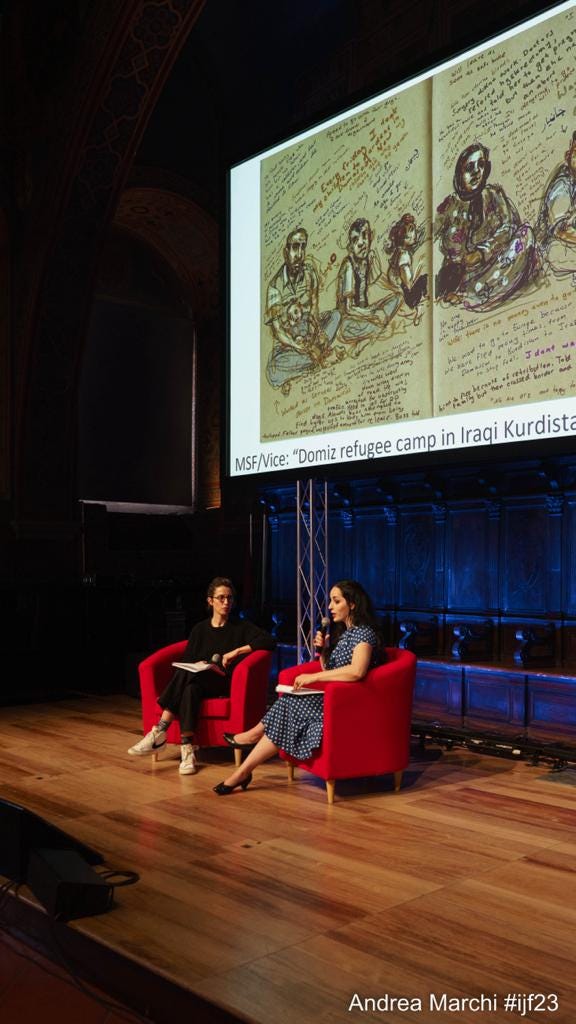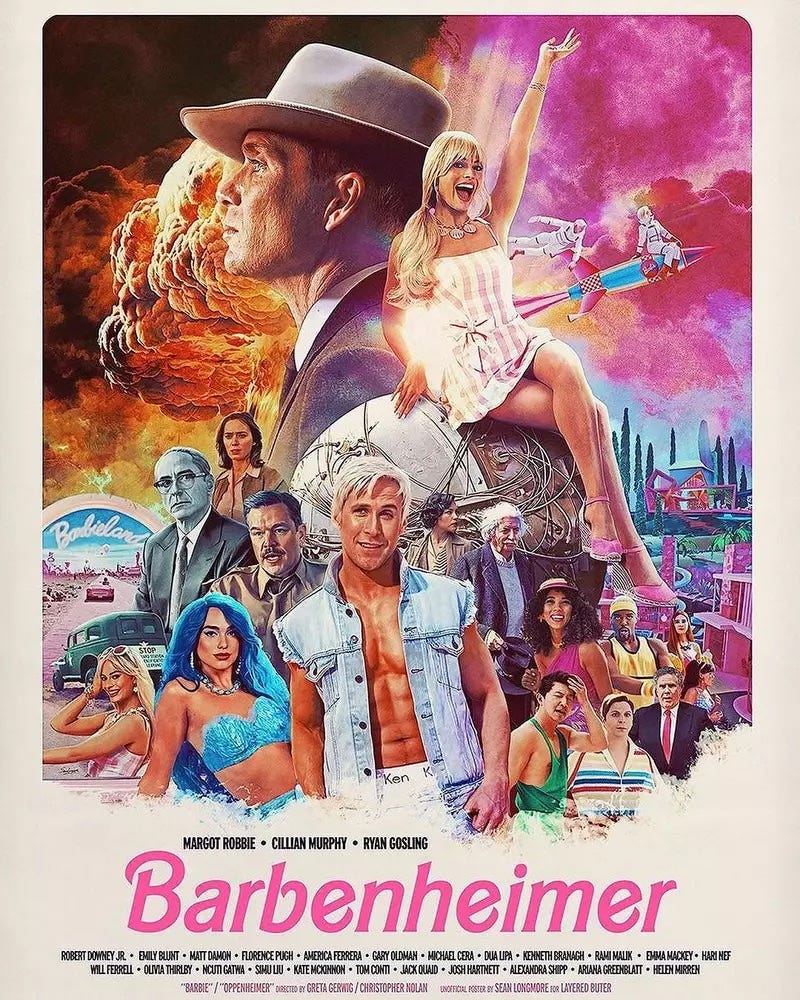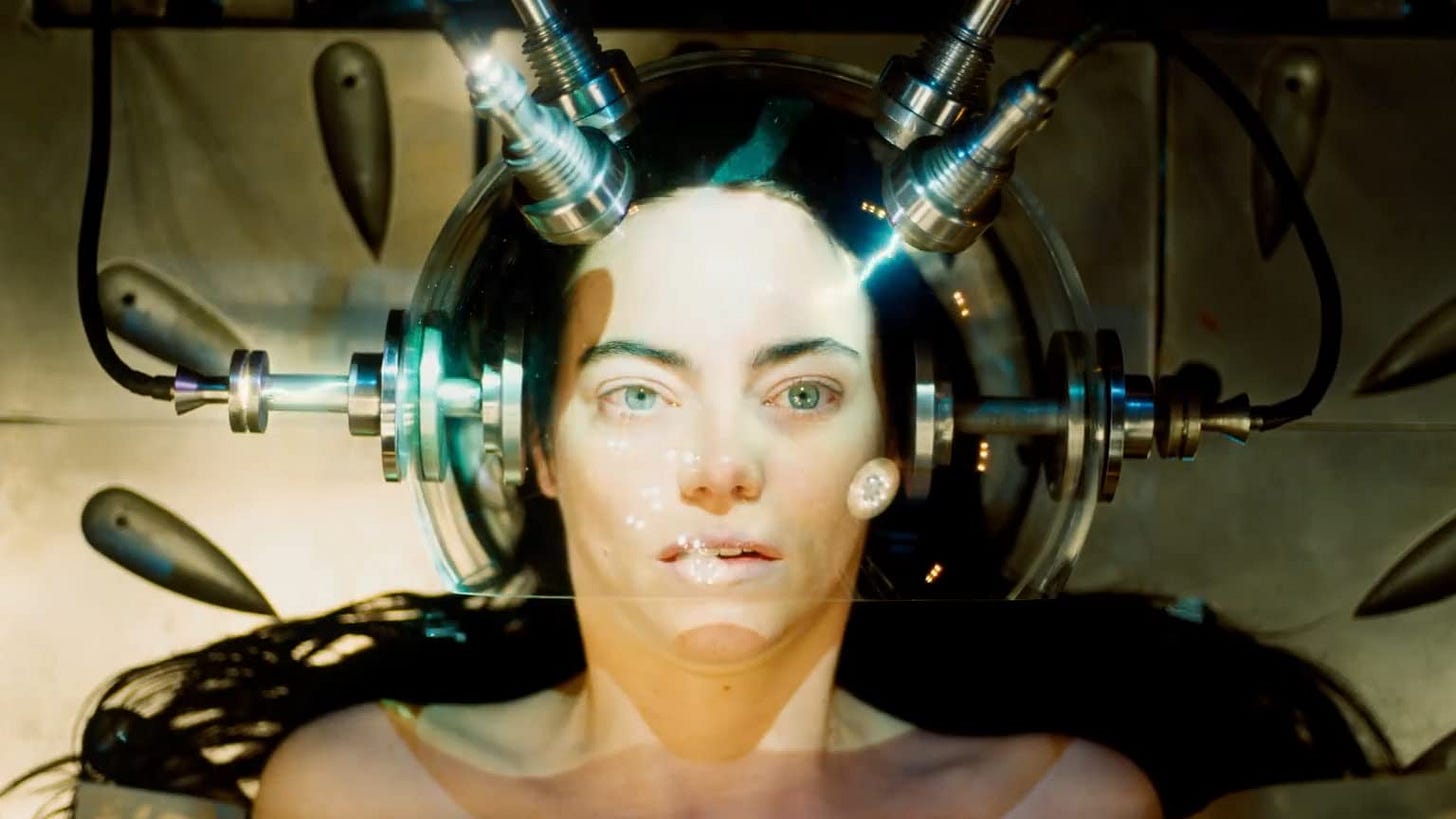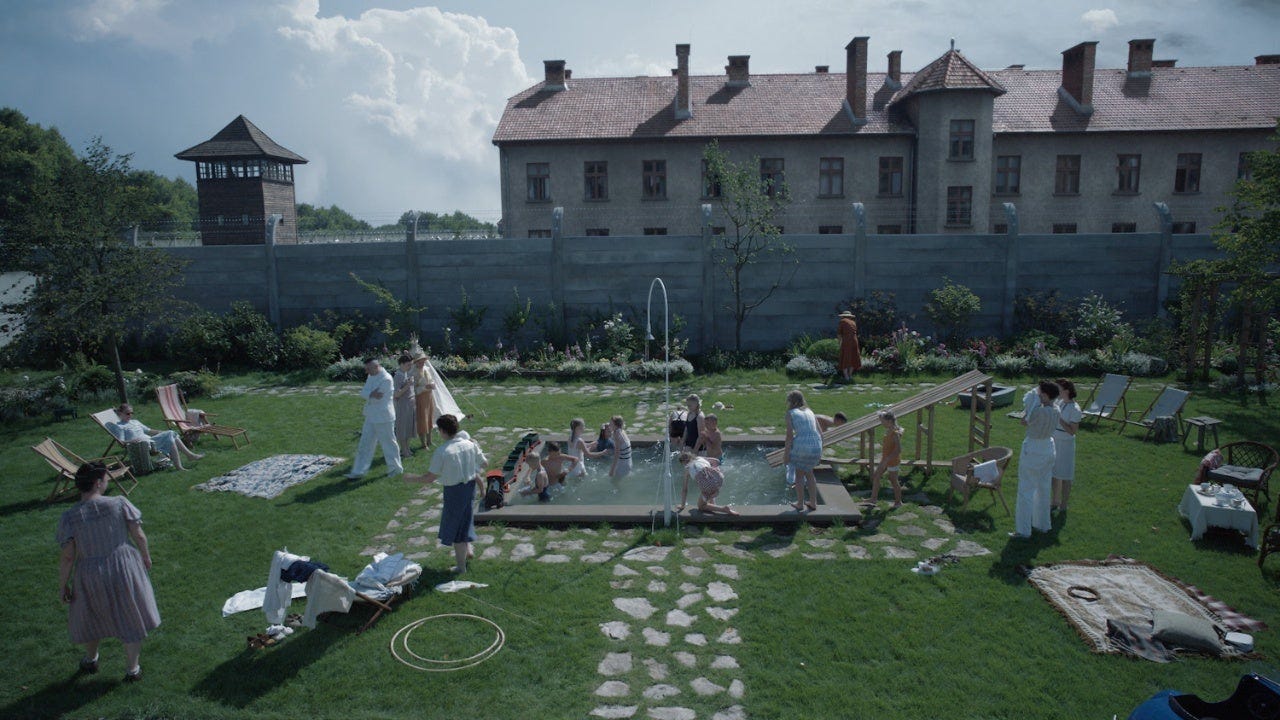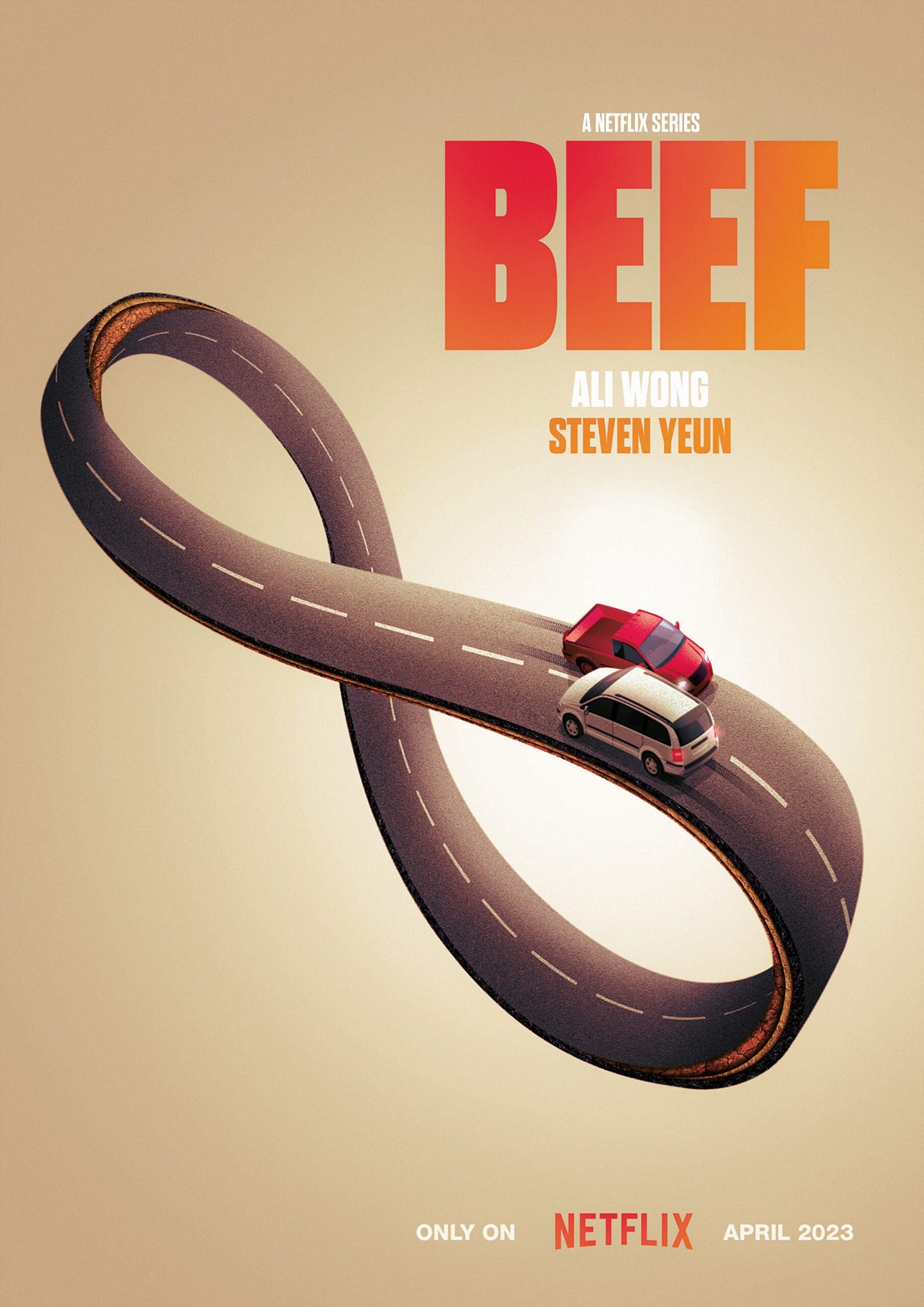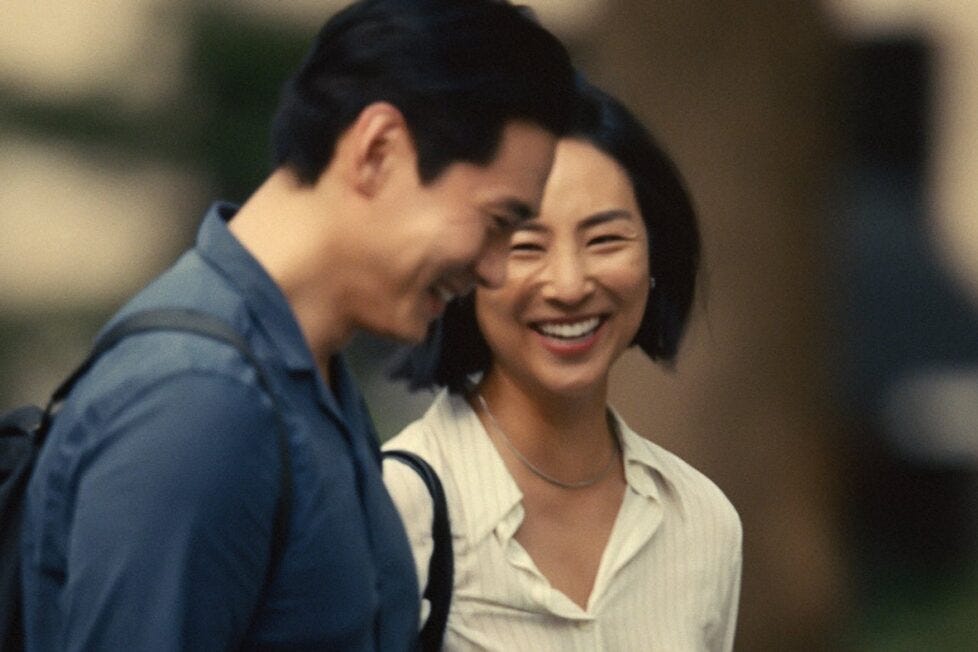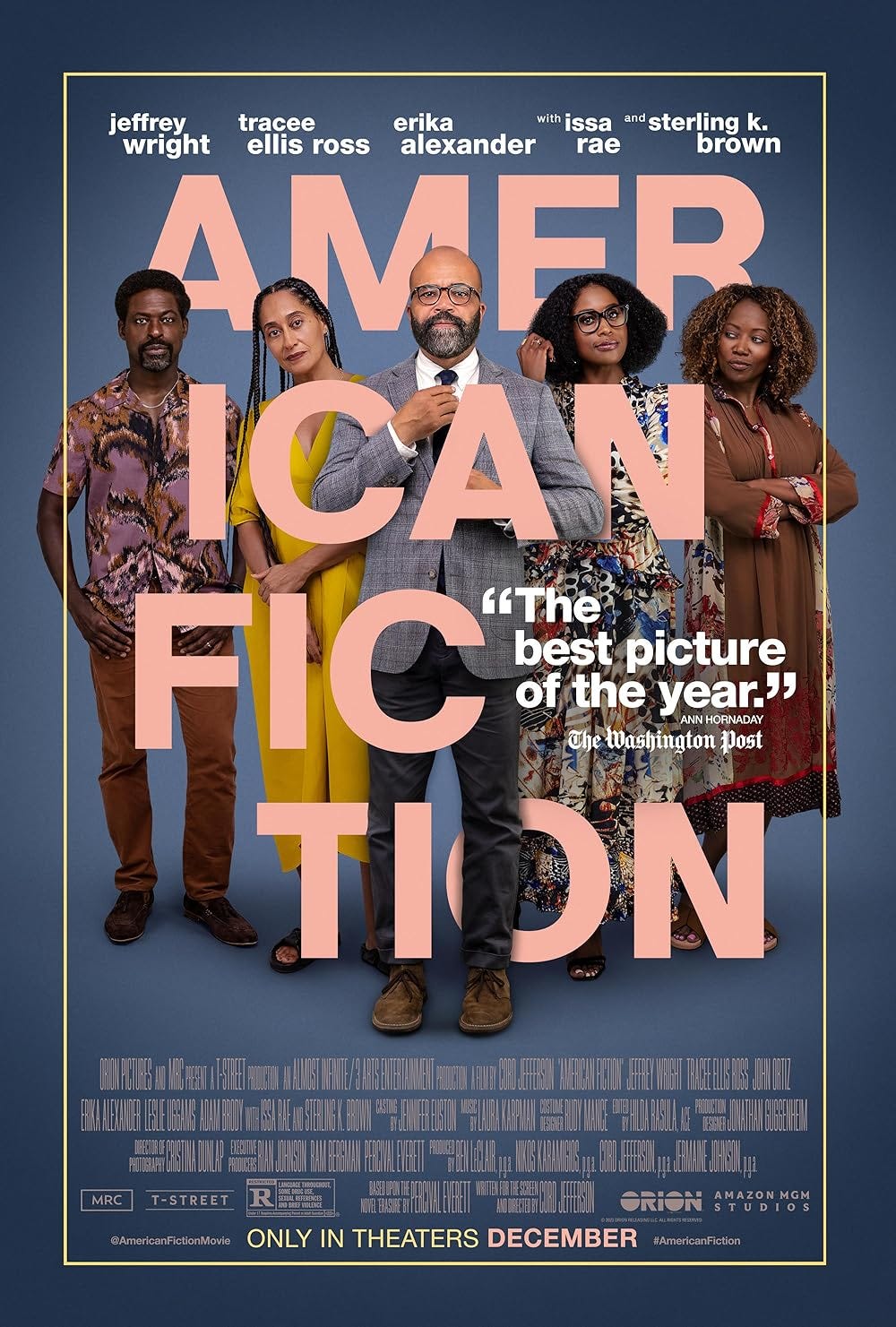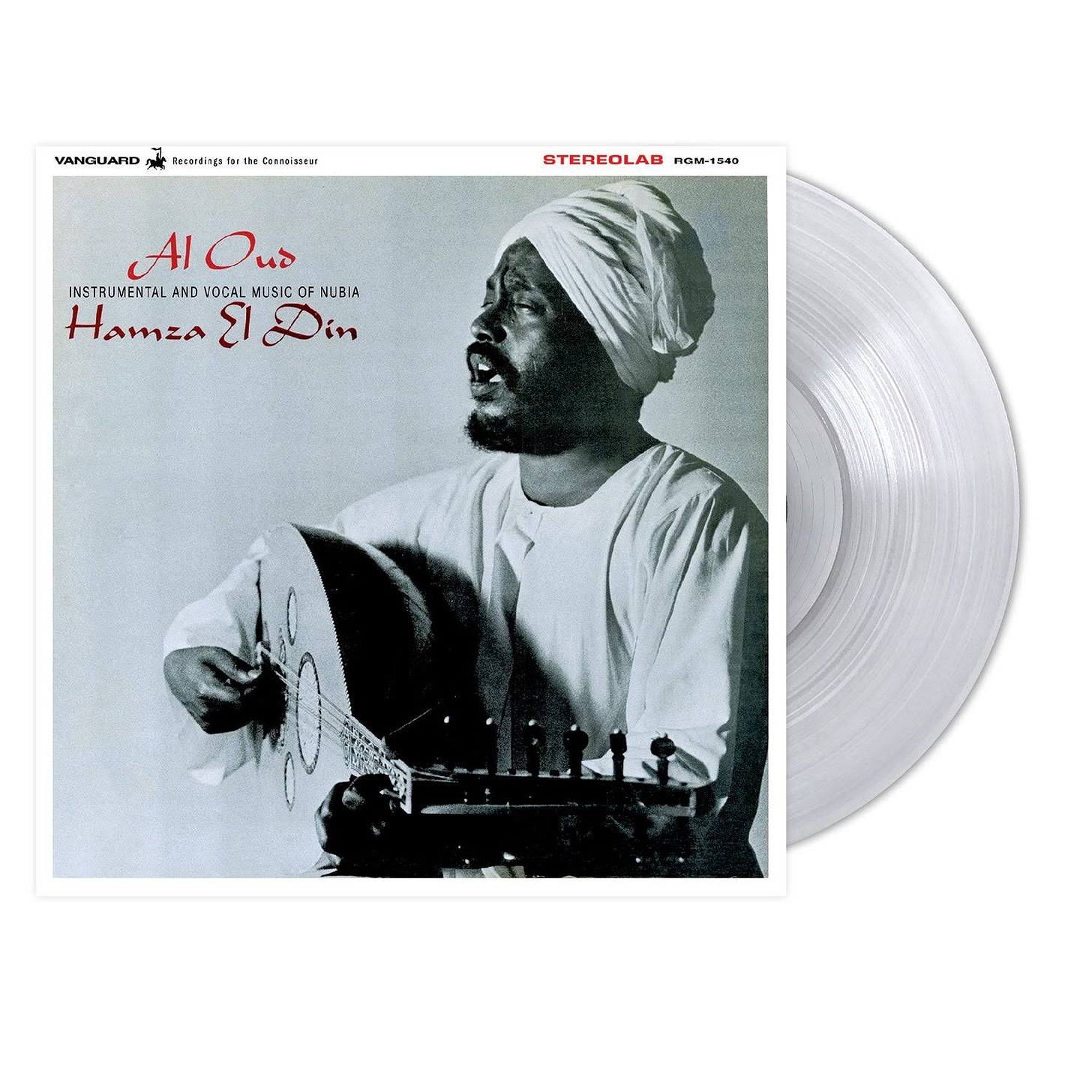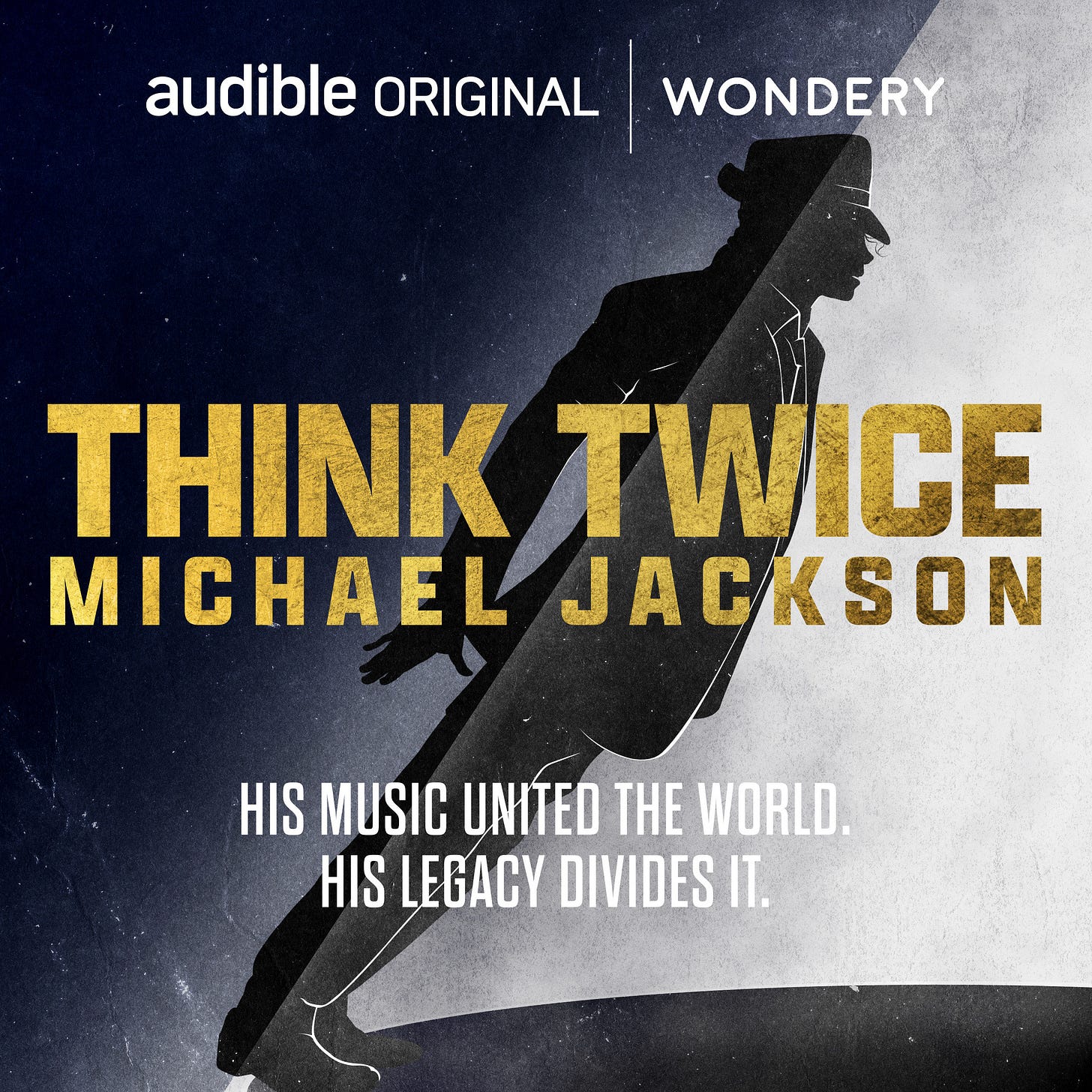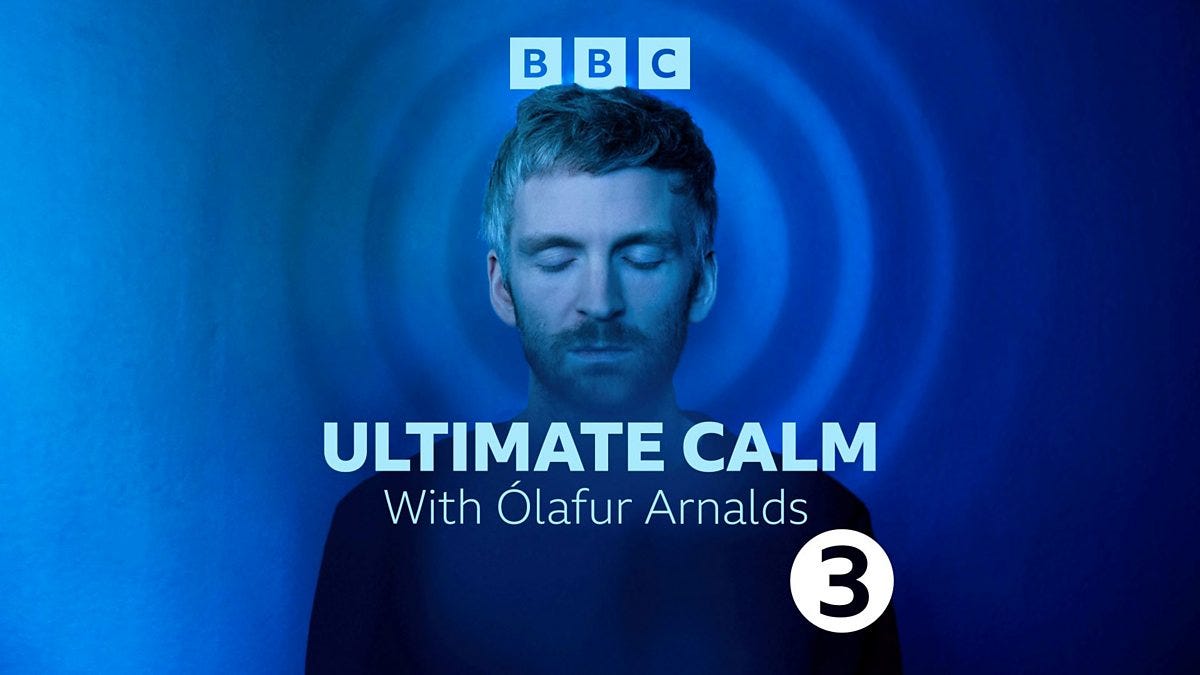Dear In Stereo Readers,
Greetings from our current desks in the Colorado Rockies (bq) and in the warmer embrace of Hotlanta (mmk). Thanks to each of you for making this inaugural season of our newsletter such a place of conversation and community. For those of you reading us for the first time, a warm winter welcome. We hope this finds all of you cozy, and introspective, about the year that was - as we delight in bringing you this two-part edition of our personal cultural highlights of 2023.
But first, some emotional context so you know where we, and our tastes, were coming from.
I, Bilal, spent much of this year learning to live outside my emo lockdown diaries in the pulsating and radiant banquet of my new home city of Los Angeles. For both professional and Beyhive reasons, my year in culture was defined by live performance. From small clubs to industrial warehouses, Vegas arenas to football stadiums electrified by the supernova spectacles of #BillionGirlSummer, nothing felt more vibrant, vital, and satisfying than the communal experience of embodied, physical, and off-screen culture.
I, Marisa, was in classrooms, studios, galleries, and conferences… and what kept coming up for me when it came to our cultural landscape was how to wrestle with a world of offset humans, removal from the tactile…a life and mind usurped by Artificial Intelligence. I saw it playing out in newsrooms, art exhibitions, and Hollywood actors and writers’ strikes. I asked myself what creativity will look/feel/sound like now. Would we still clamor for the in-person, un-auto-tuned, and hand-drawn? And all of this is playing out amidst two wars, a looming election, and a cost of living crisis—a soundtrack of anxiety.
Yet (and this is a big, all caps, bold, italicized YET) neither of us could ignore that this was also a year filled with creative possibility and palpability: nourishing reasons to celebrate our fragile species and its artistry, whether on an intimately thoughtful or commercially epic scale.
When it came to cinema, yes, historical dual strikes in Hollywood nabbed headlines, but so did the releasing of many Covid-era produced, birthed, and designed examples of MAXIMALIST entertainment. And so many of them clinched what we had longed for after an isolating and devastating pandemic: industrial scale, designed and perfected for communal pleasure centers.
We had the box office-shattering duet of Barbenheimer in July, accompanied by the return of Indiana Jones and Mission Impossible in IMAX, which were frankly underrated spectacles in their own right. In Los Angeles, several glorious palaces from the Golden Age of Hollywood, including The Egyptian Theater, re-opened with snaking lines of cinemagoers craving the illuminated darkness.
Across the world in India, after many years of creative stagnation and full political capitulation to the Modi regime, the escapist Bollywood studio system also found its groove with the January return of demigods Shah Rukh Khan and Deepika Padukone in one ridiculous big-screen romp called Pathaan.
She was a Pakistani ISI agent combining undercover espionage with beachfront gyrations in Spain. He was a fallen military hero reclaiming his Indo-Muslim patriotism with zero subtlety. Coherent, it isn’t, but self-consciously masala in much the same way MGM musicals once were, you betcha. If 3 hours aren’t available, just enjoy this viral number entitled Besharam Rang, rough translation ‘Indecent/Shameless Colors.’ Indeed.
But my true film recommendations of the year begin with two stone-cold masterpieces in cinemas now: Yorgos Lanthimos' Poor Things and Jonathan Glazer's The Zone of Interest. The first is arguably the same premise as Barbie—a woman's awakening and breaking free of infantilizing patriarchy but also a significantly more off-kilter cinematic experience. It's a strange, fantastical, and unpredictable Steampunk adventure with the most lavish production design and costuming I've seen on an American screen in years. Also, Emma Stone proves she is our generation's most fearless and compelling actress.
The Zone of Interest also seems to tread familiar ground—the Awards-Season Holocaust drama—but British filmmaker Jonathan Glazer subverts all expectations with haunting and bold new film language for recreating the horrors of Auschwitz. It’s a claustrophobically narrow portrait of the Nazi family posted to administer the camp, carrying on with afternoon cakes and coffee, gardening, and meals auf Deutsch as the factory of murder beyond is portrayed solely as a muffled soundscape and columns of smoke in the backdrop. I can’t think of a film that left me more shaken by its form and its commitment to showing the human capacity for compartmentalization and dehumanization.
Freshly anointed a frontrunner for the Best Documentary Oscar this week, the masterful Four Daughters from Tunisia is now available on demand in the U.S. It's the film I didn't know I'd been waiting for. We are consumed, submerged, and numbed by journalistic images of "Islamic" radicalism, terrorism, and war—but what Kaouther Ben Hania has created is an intimate and forensic exploration of those themes from the inside. It is the story of survivors and women…wrestling with the seduction and nihilism of religious zealotry, haunted by loss. What begins as a documentary about a real-life mother and her four daughters, two of whom ran away to join ISIS following the Tunisian uprising, turns into something much stranger and more interesting… a cinematic experiment as the making of the documentary turns into a meta work of performance art and memoir, with actresses meeting their real-life counterparts to explore why and how such a loss occurs and endures. -bq
When I wasn't lying awake at night, terrified of a world run by robots, I saw films and shows that restored my faith in virtuosity and craft. First, there was May December, a stomach-churning drama with a propulsive soundtrack that had me ricocheting between pure fascination and utter loathing for the crisply acted leads Julianne Moore and Natalie Portman. Director Todd Haynes presents a twisted love story that upends moral compasses, ensuring a thrilling start-to-finish watch. I was also grateful to see this zinger on Netflix, restoring my hope that the golden streaming era still has somewhat of a pulse. Then there was Beef, which lured me back home, spotlighting one of the facets of LA life absent from the airbrushed movie posters and brightly saturated images of Instagram: road rage.
In the Ali Wong series, we get to fantasize about the afterlife of a millisecond of fury over ten episodes that cut across class, Asian American culture, and promiscuity amidst a sprawling, Balkanized megalopolis where the crush of a post-pandemic, post-Trump, inflationary America is inescapable.
Wrapping it all up for me is Past Lives, a modern-day The Way We Were, where we watch two people full of love grasp the heart-wrenching truth that sometimes love just isn't enough. Award buzz may be swarming Greta Lee, but for me, actor Teo Yoo's tender performance, filled with a pastiche of innocence, introspection, and longing, is the one that beguiled my heart. -mmk
Finally, the breakthrough film of this Awards Season happens to be one that Marisa and I watched together at the Virginia Film Festival in October, and one I’ve been following in progress for years. I met American Fiction’s creator Cord Jefferson almost a decade ago when he was a fellow journalist in DC. His essays were not only always provocative and super stylish but also forced me to consider how each of us participates in the buying and selling of Blackness, shaping why and how magic or tragic tropes are regurgitated and reinforced. Writing a think piece is one thing; turning that thesis into a rousing, audience-adored, and acclaimed narrative film is quite another. In his directorial debut, Jefferson has given his deeply personal critique of the arts industry a fully-lived in form as a family dramedy… wrapping searing ideas and criticism within a narrative world populated by one hell of an ensemble led by Jeffrey Wright. It’s a film that isn’t the typical Awards contender in all the best ways, and one that I know is truly one artist’s clap back and manifesto for all of us exhausted—and yes, thoughtlessly entertained—by the identity trap. -bq
Beyond all the technicolor images and widescreen projections, however, lie the personal pleasures of listening. This following collection of recommendations includes both the spoken word and the music that moved us most in ‘23.
One of the musical highlights of my year was the Vinyl re-issue of a remastered landmark album by the Nubian musician Hamza El Din, Al Oud. I discovered El Din on a Pandemic-era trip to Aswan and returned home from Upper Egypt obsessed with his songs, albeit with several terrible CD-R editions that didn’t function. If you are a fellow vinyl listener/collector/hoarder, this is such a beautiful introduction, blending his hypnotic Oud playing with his unforgettably emotional voice, accompanied by liner notes that translate and express the poetry and dignity audible in each note.
This was a year of gorgeous film music, and amid all the press about its IMAX cinematography and scale, one of my favorite things about Christopher Nolan’s Oppenheimer (likely Best Picture winner) was its incredible score by the young Swedish composer Ludwig Goransson. The music builds and builds as the film does to earth-shattering soundscapes….but also includes some of the most fragile and heartbreaking sections that echo the film’s interplay between inner unrest and the demands of national, political, and military time. As standalone music, it is simply one of the best albums of the year.
Finally, I often break from electro-dance futurism for the analog and Whiskey-tinged Americana-adjacent pop of Australia’s The Teskey Brothers. Their third studio album, released earlier this year, became a personal favorite and would also make for fantastic cold-weather listening. -bq
On to spoken word: to endeavor into the world of Michael Jackson, one of the most complicated pop icons in our lifetime, requires the kind of dauntlessness that podcaster Leon Nayfakh (Slow Burn and Fiasco) is custom-built for. His latest series, Think Twice, is a captivating and par excellence excavation of Jackson, an idolized star riddled with the after-effects of a lost childhood and charges of sexual abuse. It's an impeccable ten-episode forensic follow-up to the canceled Leaving Neverland documentary we never knew we needed.
I don't think there's an American today who can't relate to the new Apple podcast series Classy. It took me back to when I called the UK home in my early twenties. Life there was an exercise in understanding the rigid and impermeable hierarchies of class—something I thought Americans had more of a chance to circumvent; today, though, with the yawning and ever-growing gap between the haves and have-nots here, I’m less convinced. With episode titles like "Am I a Classhole," the Classy podcast helps us excavate the shame, self-loathing, and envy that courses through nearly all of us when it comes to our perceptions of, for instance, the dripping wealth of our homemade blue bloods. -mmk
The BBC’s revamped Sounds app continues to be our go-to source for radio listening, albeit an often overwhelming and frustrating one as a non-UK listener, as so much is removed quite promptly or geo-locked for rights reasons. That said, one of my favorite podcasts/series of the year was a show called Ultimate Calm, hosted by the Icelandic composer and musician Olafur Arnalds.
It’s a DJ show on its surface, but Arnalds thoughtfully curates listening for various states of calm drawn from a gorgeous array of neo-classical and ambient composers, adding notes on music’s healing powers. Unfortunately, its only two seasons are no longer available online, but just this week a special two-hour December edition has been released via BBC Sounds and is a sublime blend of music and a few choice, yes soft, words.
Next week, in Part II of our In Stereo Bests, we will share some of our favorite writing of the year from books to essays, and also the art exhibitions and works that most enthralled and inspired us most. -bq and mmk


